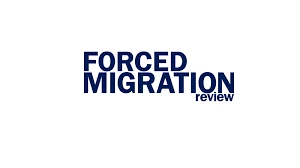IOM: Returning to Debt – Examining the Effects of Indebtedness on Reintegration Outcomes

February 2023
Debt plays a significant role in all stages of the migration cycle. However, while there is evidence on the financial lives of migrants in host countries, there is much less exploring the financial lives of returnees and their experiences with debt. Recent studies on reintegration have touched upon debt in passing – mentioning that returnees’ debt presents a significant barrier to their reintegration, and debt-related practices have been included in efforts to measure and track reintegration.
Samuel Hall in partnership with EU- IOM Knowledge Management Hub and the University of Sussex funded by the European Union conducted a study that builds on previous research on debt and reintegration by analysing migrant returnees’ and their households’ experiences with debt in five countries - Bangladesh, Cameroon, El Salvador, Ghana, and Iraq. The present report expands this emerging evidence base on why, and in what ways, debt impacts returnees’ reintegration experiences and the experiences of their households. It also explores how returnees and their households cope with debt.
Our findings show that debt impacts all aspects of the migration cycle and experience and can take diverse forms. Debt and indebtedness are common in migrants’ and returnees’ lives and are not inherently negative for reintegration, but specific debt characteristics can be. There is a need to advocate to reduce costs of migration while also making structural legal changes to ease the burden of indebtedness on migrants.





